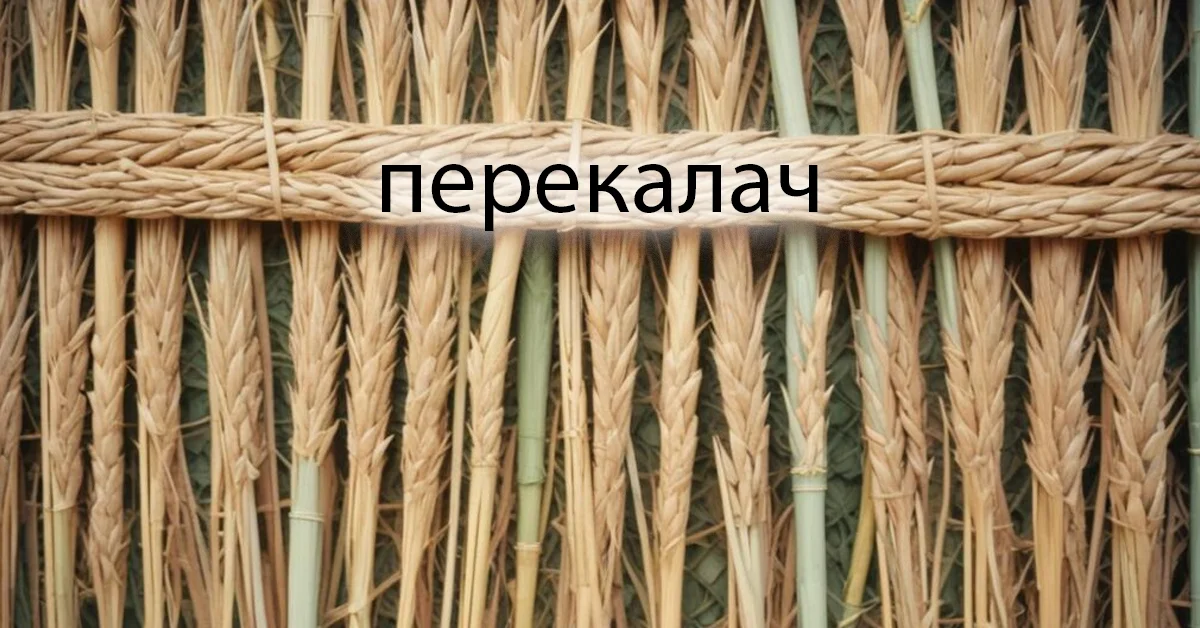In the vast and intricate world of language, idiomatic expressions often play a significant role in communication. One such expression is “перекалач,” a term deeply embedded in Russian culture and linguistics. This article delves into the meaning of “перекалач,” its usage, and how you can master this intriguing concept. We’ll explore its origins, practical applications, and provide tips for effectively incorporating it into your language repertoire.
ALSO READ: Meet Andrew Santinos Wife: Facts And Insights
What Is Перекалач?
Definition and Origin
“Перекалач” (pronounced as “perekalach”) is a Russian term that refers to a situation where something is excessively complicated or convoluted. The word itself is derived from the Russian verb “калачить,” which means “to twist” or “to complicate.” Essentially, “перекалач” describes a scenario where simplicity is lost, and things become unnecessarily complicated.
Historical Context
The concept of “перекалач” has its roots in traditional Russian folklore and language. In historical contexts, it was used to describe overly complex or convoluted tales and narratives. Over time, it has evolved to represent any situation or explanation that is more complex than necessary.
How To Master Перекалач
Understanding the Nuances
To master “перекалач,” it’s crucial to understand its nuances. This term is often used in a critical context, implying that someone has overcomplicated a simple matter. It is important to recognize when and how this term is appropriately used to avoid misunderstanding or sounding overly critical.
Practical Usage
- In Conversation: When discussing a project or plan that has become overly complicated, you might say, “Ваш план слишком перекалачен,” meaning “Your plan is too convoluted.”
- In Writing: When reviewing a document or presentation, if you find that the content is unnecessarily complicated, you can use “перекалач’s” to describe it. For example, “Этот отчет слишком перекалачен для такой простой задачи.”
- In Professional Settings: In a business environment, if a colleague presents a solution that is more complex than needed, you can tactfully point out, “Ваше предложение выглядит как перекалач.”
Tips for Mastering Перекалач
- Contextual Awareness: Ensure you understand the context in which “перекалач” is used. It is typically a negative critique, so use it cautiously.
- Cultural Sensitivity: Be aware of cultural nuances when using this term. In some contexts, it might be considered rude or overly critical.
- Practice with Native Speakers: Engaging with native Russian speakers can help you get a better grasp of how “перекалач’s” is used in various contexts.
- Keep It Simple: When explaining or using “перекалач,” try to avoid making the explanation itself convoluted. The goal is to convey that something is too complicated, not to add to the complexity.
- Use Analogies: Sometimes, comparing “перекалач” to more familiar English terms like “overcomplicated” or “beyond the scope” can help in understanding and mastering its use.
Common Misunderstandings
Overusing the Term
One common mistake is overusing “перекалач’s” in situations where it might not be applicable. Overusing this term can lead to misunderstandings and might make you come across as overly critical.
Misinterpreting the Complexity
Another misunderstanding is misinterpreting what constitutes unnecessary complexity. It’s essential to differentiate between genuinely complex situations and those that are simply made complicated by poor explanation.
Cultural Differences
Different cultures have varying tolerance for complexity and critique. Understanding these cultural differences can help in using “перекалач’s” more effectively and appropriately.
Examples In Popular Media
Literature
In Russian literature, “перекалач’s” often appears in critiques of overly elaborate narratives or character developments. Authors might use this term to describe plots that are unnecessarily complex.
Film and Television
In film and television, characters might use “перекалач’s” to critique overly complex plots or storylines. This usage reflects the term’s role in evaluating narrative simplicity and effectiveness.
Social Media
On social media platforms, “перекалач’s” might be used in discussions or critiques of posts that are seen as overly complicated or difficult to follow.
Conclusion
“Перекалач’s” is a fascinating concept that highlights the importance of clarity and simplicity in communication. By understanding its meaning and mastering its usage, you can enhance your language skills and communicate more effectively. Remember to use this term with care, keeping in mind its cultural and contextual nuances.
ALSO READ: www.defstartup.org Essential Tools And Insights For Startup Success
FAQs
What is Перекалач?
Перекалач is a Russian term meaning something that has been made excessively complicated or convoluted. It describes situations or explanations where simplicity is lost, and things become overly intricate.
How can I use Перекалач in a sentence?
You can use “перекалач” in a sentence like this: “Ваш план слишком перекалачен,” which translates to “Your plan is too convoluted.”
Is Перекалач a positive or negative term?
“Перекалач” is generally used in a negative context to criticize something that is needlessly complex.
Can Перекалач be used in professional settings?
Yes, “перекалач” can be used in professional settings to point out when a plan, report, or presentation is overly complicated.
Are there similar terms in English?
In English, similar terms might include “overcomplicated,” “convoluted,” or “beyond the scope.” These terms convey a sense of unnecessary complexity.










